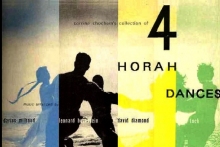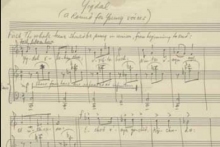Chichester Psalms is tuneful, tonal and contemporary, featuring modal melodies and unusual meters. From the time of its sold-out world premiere at Philharmonic Hall on July 15, 1965 conducted by the composer himself, it was apparent that Bernstein had created a magically unique blend of Biblical H…
Works
-
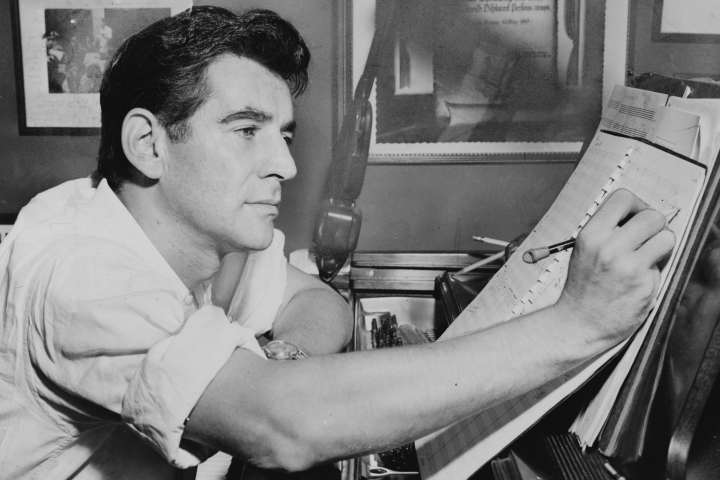 "Few composers capture their time and become the iconic voice of their age. Leonard Bernstein found his "voice" in the early 1940s and projected the sound of urban and urbane America from the period of World War II to the anti-war movements of the 1970s and the restoration of freedom in Europe, with the fall of the Berlin Wall and Soviet communism."
"Few composers capture their time and become the iconic voice of their age. Leonard Bernstein found his "voice" in the early 1940s and projected the sound of urban and urbane America from the period of World War II to the anti-war movements of the 1970s and the restoration of freedom in Europe, with the fall of the Berlin Wall and Soviet communism."
-Conductor John Mauceri
(Photo by Al Ravenna, 1955; via Wikimedia Commons)
Questions about programming, performing, and licensing?
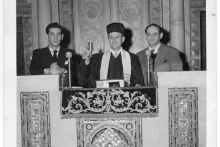
Hashkiveinu is the result of a commissioning project from 1943 to 1976 by Cantor Dr. David Putterman for a series of contemporary music at Park Avenue Synagogue in New York City. The work uses the prayer text from the Jewish Sabbath evening service and is sung in Hebrew, and the transliterated sco…
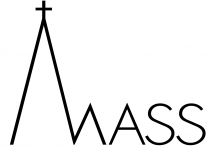
The eclecticism of MASS's music reflects the multifaceted nature of Bernstein's career, with blues, rock, gospel, folk, Broadway and jazz idioms appearing side by side with 12-tone serialism, symphonic marches, solemn hymns, Middle Eastern dances, orchestral meditations, and lush chorales, all un…
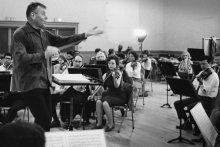
Dedicated to longtime friend and colleague, Robert Shaw, Bernstein's Missa Brevis is the last full choral work that he composed, based on choruses from music previously written for the play "The Lark" in 1955.
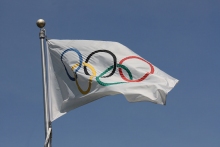
Bernstein wrote the Olympic Hymn, with text by Günter Kunert, for the 1981 International Olympic Congress in Baden-Baden. This was a significant meeting of the Congress because the boycotted Moscow games were only a year prior, and the Los Angeles games were only a few years away. It seemed as th…
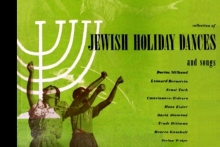
This piece, in a different version, appeared on Jewish Holiday Dances and Songs (1948, Vox), a 78-rpm recording produced by Corrine Chochem.
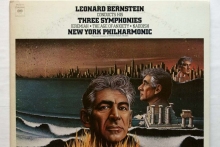
In his Kaddish Symphony, Leonard Bernstein exploits the dualistic overtones of the prayer: its popular connotation as a kind of requiem, and its celebration of life ( i.e. creation). He does this both in his speaker's text and in his music.
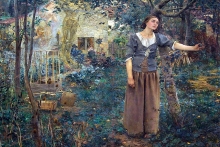
Jean Anouilh's 1952 play, The Lark, is based on the trial and execution of Joan of Arc. An English adaptation was made by Lillian Hellman, and Bernstein composed incidental music for the accompaniment. The music now exists in an arrangement for mixed choir or a septet of solo voices.
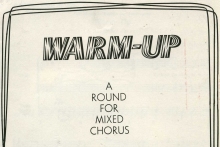
A Round for Mixed Chorus. This round, which is used in Bernstein's Mass, was written as a “Warm-Up” to the full composition of Mass.

